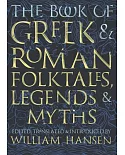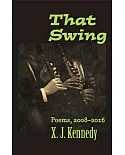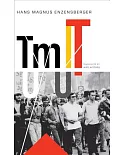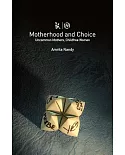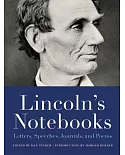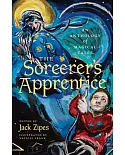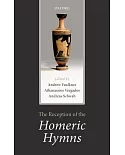Baudelaire and Emerson, as socially-conscious individualists par excellence, lend themselves remarkably to Marchi's (French and comparative literature, North Carolina State U.) study of how
France and the United States have warily borrowed from and dismissed one another in their modern projects of democracy and reconciling the individual with the collective. Baudelaire dominates
the book, and the first three chapters focus on his relationship to American writers-- Poe, Longfellow and Emerson. The fourth chapter focuses on Baudelaire's enduring influence on American
literature, music and culture, from the Lost Generation to the Beats to the punk and Goth movements. The fifth chapter compares Thomas Jefferson and Baudelaire's respective liaisons with women
of color. The sixth chapter makes more connections between Baudelaire and Emerson through Michel de Montaigne. The seventh chapter jumps ahead to reflect on the contemporary French-American
connection in terms of economic crisis, terrorism, cultural politics as well as Baudelaire, Jean Baudrillard and Bernard-Henri L矇vy. An epilogue ties this study with pedagogic considerations
for French-American studies. Though written with those not trained in academic theories or vocabularies in mind, Marchi does not sacrifice intellectual rigor, subtlety nor profundity--though he
does use untranslated French occasionally. Annotation 穢2011 Book News, Inc., Portland, OR (booknews.com)



